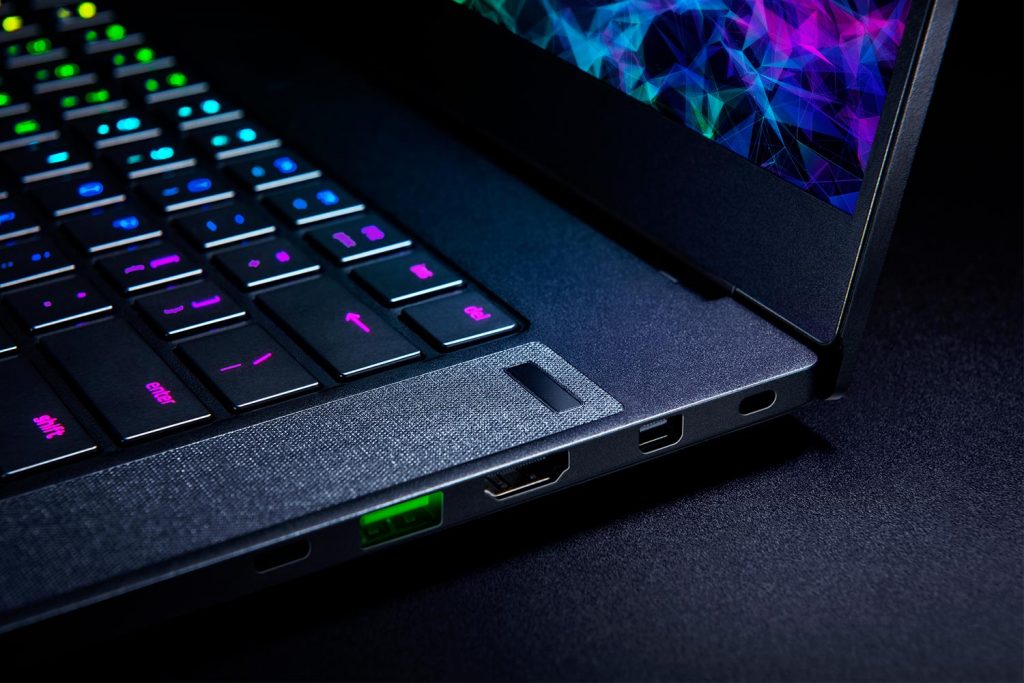News
South African schools will soon get these new subjects

The South African government has committed to a ‘skills revolution’ that will give the country human capital required for a digital economy, says President Cyril Ramaphosa, who was speaking at the inaugural Digital Economy Summit on Friday (5 July).
As part of this initiative, Ramphosa said that more than one million young people would be trained in data science and related skills by 2030.
He added that a number of technology-focused subjects would be introduced to the South African school curriculum.
“As I undertook in the state of the nation address, we are introducing subjects such as coding and data analytics at a primary school level to prepare our young people for the jobs of the future.
“Though various support programmes such as the South Africa Research Chairs Initiative (SARChI) and other targeted human capital development initiatives, the Department of Science and Innovation (DSI) is building essential capability in all technology areas underpinning the Fourth Industrial Revolution.
These include programmes in:
- Data science and analytics;
- Blockchain and distributed ledger technologies;
- Additive manufacturing;
- Artificial intelligence;
- Robotics; and
- Quantum technologies.
Ramaphosa said that a 1,000 young people are also currently being trained on:
- Data Science;
- Digital Content Production;
- 3D Printing;
- Cybersecurity;
- Drone Piloting;
- Software Development; and
- Cloud Computing.
New subjects
Minister of Basic Education, Angie Motshekga, has confirmed that thousands of teachers are currently being trained in coding, with the subject set to be piloted at 1,000 schools across five provinces starting in the 2020 school year.
The minister said that her department would also be introducing a robotics curriculum from Grade R-9. The curriculum will have a strong foundation in engineering and will enable learners to build and operate robots through programming code, she said.
“This robotics curriculum will not require any infrastructure or devices, but will need maker spaces to provide hands-on, creative ways to encourage students to design, experiment, build and invent; e.g., through cardboard construction activities,” she said.
In his state of the nation address in February, Ramaphosa said that the Department of Education would also expand the training of both educators and learners to ‘respond to emerging technologies’ including the internet of things, robotics and artificial intelligence.
On top of coding and robotics, other new technology subjects and specialisations will be introduced, he said, including:
- Technical mathematics;
- Technical sciences;
- Maritime sciences;
- Aviation studies;
- Mining sciences;
- Aquaponics.
To expand participation in the technical streams, several ordinary public schools will be transformed into technical high schools, he said
